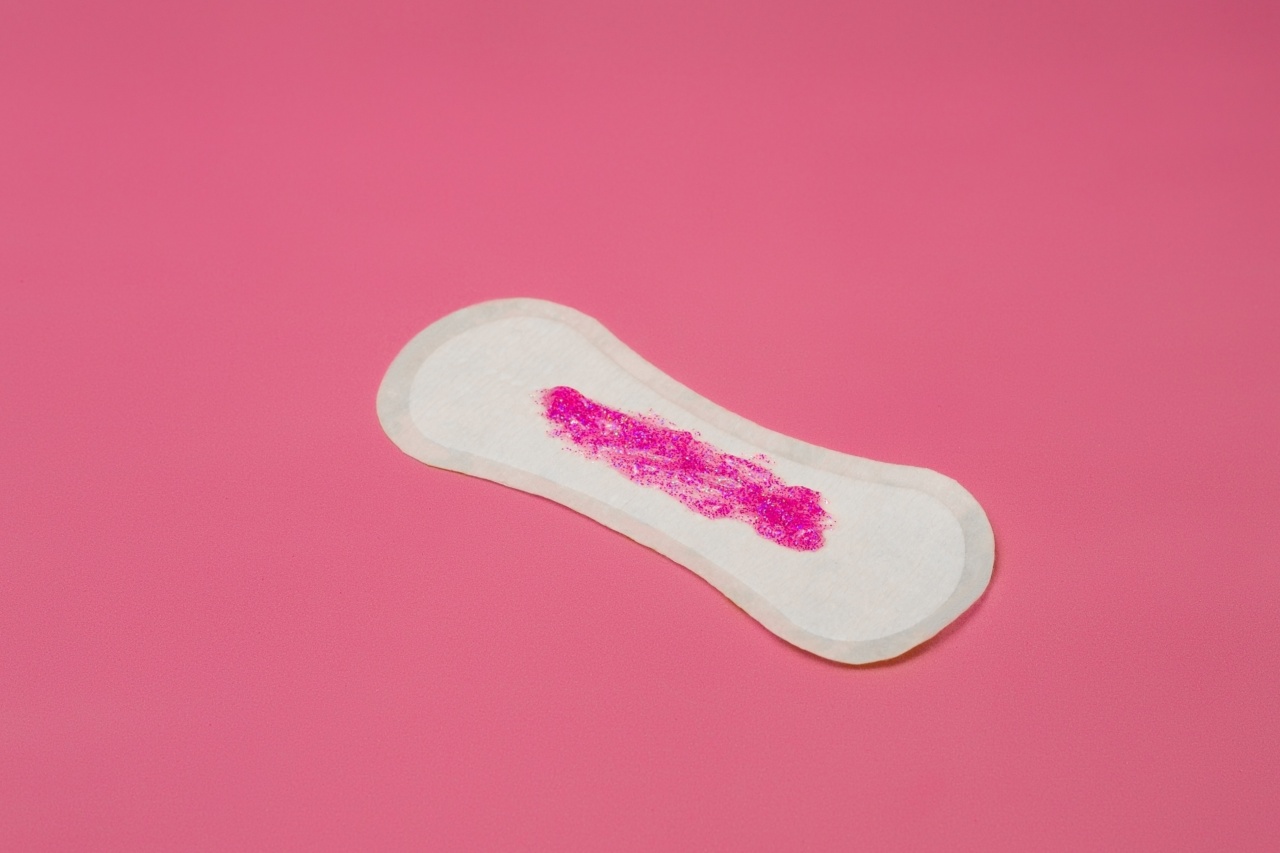Nocturia is the medical term given to the need to frequently urinate at night. It is a common problem faced by many people, especially those above the age of 50.
While nocturia itself doesn’t necessarily indicate an underlying health condition, research has shown that it may be a sign of high blood pressure.
The Link between Nocturia and High Blood Pressure
Studies have shown a significant correlation between nocturia and high blood pressure. According to the European Association of Urology, people with high blood pressure are more likely to experience nocturia than those with normal blood pressure.
In fact, nocturia may even be an early warning sign of hypertension.
The reason for this link is not entirely clear. However, researchers believe that the two conditions may share common underlying mechanisms.
For instance, hypertension can lead to a decrease in the ability of the kidneys to regulate salt and water balance, which can result in a buildup of fluids in the body. This excess fluid can cause nocturia. Additionally, hypertension can weaken the bladder muscles, leading to a decrease in bladder capacity and an increase in urinary frequency, especially at night.
Other Health Conditions that can Cause Nocturia
While nocturia may be a sign of high blood pressure, it is important to note that it can also be caused by other health conditions, including:.
- Diabetes
- Bladder problems such as urinary tract infection or bladder obstruction
- Enlarged prostate gland
- Medication side effects
- Heart failure
If you are experiencing nocturia, it is important to speak with your healthcare provider to determine the underlying cause.
In some cases, simple lifestyle changes such as reducing fluid intake before bedtime or avoiding certain foods and drinks may be enough to lessen the need to urinate at night. In other cases, medical treatments may be necessary to target the underlying cause of the nocturia.
The Impact of Nocturia on Quality of Life
Nocturia can significantly impact a person’s quality of life. Lack of sleep due to frequent urination at night can lead to daytime fatigue, decreased energy levels, and difficulty concentrating.
The constant need to get up and go to the bathroom can also disrupt a person’s daily routine and social life, leading to anxiety and embarrassment.
It is important to address nocturia not only to alleviate symptoms but also to improve overall well-being and quality of life.
Preventing Nocturia
While nocturia may not always be preventable, there are some lifestyle changes that may help reduce its frequency and severity. These include:.
- Limiting fluid intake before bedtime
- Avoiding caffeine and alcohol before bedtime
- Exercising regularly and maintaining a healthy weight
- Emptying the bladder completely when urinating
- Using the bathroom right before going to bed
In addition to lifestyle changes, the use of medications such as diuretics or alpha-blockers may be effective in treating nocturia caused by an underlying medical condition.
Conclusion
Nocturia is a common condition that can be a sign of an underlying health problem such as high blood pressure.
If you are experiencing frequent urination at night, it is important to speak with your healthcare provider to determine the underlying cause and develop an appropriate treatment plan. Lifestyle changes such as limiting fluid intake before bedtime and avoiding caffeine and alcohol before bedtime, as well as medical treatments, may be effective in reducing the frequency and severity of nocturia.


























